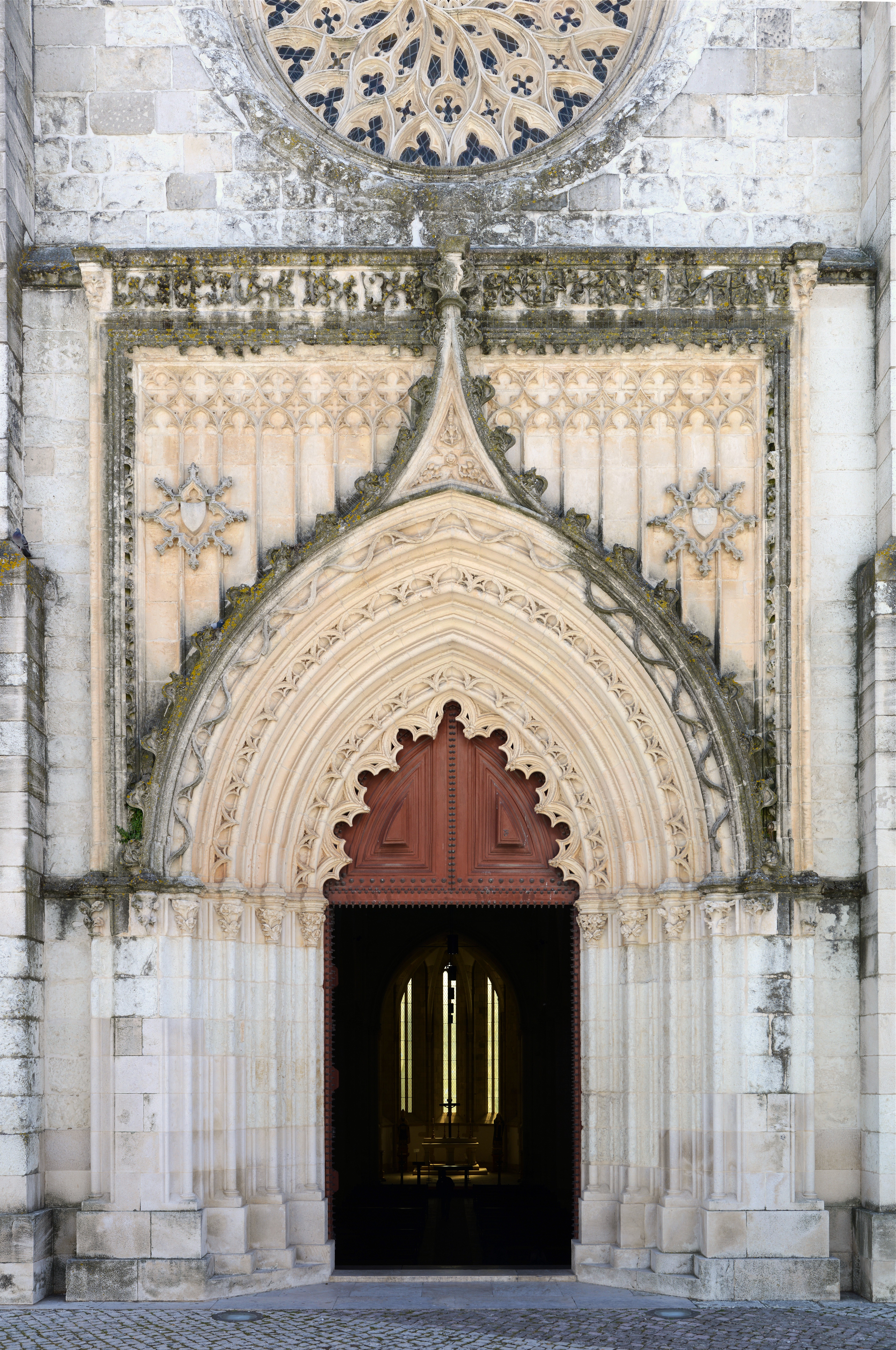|
O Bar Da TV
O Bar da TV is a reality television show in Portugal, based on The Bar . The show was started on 13 May 2001. It aired on SIC channel. The presenter was Jorge Gabriel. Contestants Nominations References {{DEFAULTSORT:Bar Da Tv, O Portuguese reality television series 2001 Portuguese television series debuts 2001 Portuguese television series endings 2000s Portuguese television series ... [...More Info...] [...Related Items...] OR: [Wikipedia] [Google] [Baidu] |
Reality Television Show
Reality television is a genre of television programming that documents purportedly unscripted real-life situations, often starring unfamiliar people rather than professional actors. Reality television emerged as a distinct genre in the early 1990s with shows such as ''The Real World'', then achieved prominence in the early 2000s with the success of the series '' Survivor'', '' Idols'', and '' Big Brother'', all of which became global franchises. Reality television shows tend to be interspersed with "confessionals", short interview segments in which cast members reflect on or provide context for the events being depicted on-screen; this is most commonly seen in American reality television. Competition-based reality shows typically feature gradual elimination of participants, either by a panel of judges, by the viewership of the show, or by the contestants themselves. Documentaries, television news, sports television, talk shows, and traditional game shows are generally not clas ... [...More Info...] [...Related Items...] OR: [Wikipedia] [Google] [Baidu] |
Vila Nova De Gaia
Vila Nova de Gaia (; cel-x-proto, Cale), or simply Gaia, is a city and a municipality in Porto District in Norte Region, Portugal. It is located south of the city of Porto on the other side of the Douro River. The city proper had a population of 178,255 in 2001. The municipality has an area of 168.46 km². and a total population of 302,295 inhabitants (2011), making it the most populous municipality in Norte Region. Gaia along with Porto and 12 other municipalities make up the commonly designated Porto Metropolitan Area. The city contains many cellars (locally known as "caves") where port wine is stored and aged. These cellars have become a major tourist attraction. History Vila Nova de Gaia already existed under the Roman Empire as the city of Cale. It developed most likely from a preexistent Celtic Castro, or Neolithic settlement. The origin of the name Cale (or Gale, since in Classical Latin there was not always a clear distinction between the letters "g" and "c") ... [...More Info...] [...Related Items...] OR: [Wikipedia] [Google] [Baidu] |
2001 Portuguese Television Series Debuts
1 (one, unit, unity) is a number representing a single or the only entity. 1 is also a numerical digit and represents a single unit (measurement), unit of counting or measurement. For example, a line segment of ''unit length'' is a line segment of length 1. In conventions of sign where zero is considered neither positive nor negative, 1 is the first and smallest Positive number, positive integer. It is also sometimes considered the first of the sequence (mathematics), infinite sequence of natural numbers, followed by 2, although by other definitions 1 is the second natural number, following 0. The fundamental mathematical property of 1 is to be a multiplicative identity, meaning that any number multiplied by 1 equals the same number. Most if not all properties of 1 can be deduced from this. In advanced mathematics, a multiplicative identity is often denoted 1, even if it is not a number. 1 is by convention not considered a prime number; this was not universally ac ... [...More Info...] [...Related Items...] OR: [Wikipedia] [Google] [Baidu] |
Portuguese Reality Television Series
Portuguese may refer to: * anything of, from, or related to the country and nation of Portugal ** Portuguese cuisine, traditional foods ** Portuguese language, a Romance language *** Portuguese dialects, variants of the Portuguese language ** Portuguese man o' war, a dangerous marine cnidarian that resembles an 18th-century armed sailing ship ** Portuguese people, an ethnic group See also * * ''Sonnets from the Portuguese'' * "A Portuguesa", the national anthem of Portugal * Lusofonia * Lusitania Lusitania (; ) was an ancient Iberian Roman province located where modern Portugal (south of the Douro river) and a portion of western Spain (the present Extremadura and the province of Salamanca) lie. It was named after the Lusitani or Lusita ... * {{disambiguation Language and nationality disambiguation pages ... [...More Info...] [...Related Items...] OR: [Wikipedia] [Google] [Baidu] |
Barcelos, Portugal
Barcelos () is a city and a municipality in Braga District in the Minho Province, in the north of Portugal. The population in 2011 was 120,391, in an area of 378.90 km2. With 60 parishes, it is the municipality with the highest number of parishes in the country. It is one of the growing municipalities in the country, and is well known by its textile and adobe industries, as well as its horseback riding events and "figurado" style of pottery, which are comical figurines with accentuated features of farmers, folk musicians, and nativity scene characters. Barcelos is part of the UNESCO Creative Cities Network as a Crafts and Folk Art City. History Originally a Roman settlement, it expanded and became the seat of the First Duke of Bragança in the 15th century. The palace of the Dukes of Bragança was destroyed by an earthquake in 1755 and is now an open-air museum. The town is on the Portuguese Way, a Christian pilgrimage route connecting the Camino de Santiago. Constru ... [...More Info...] [...Related Items...] OR: [Wikipedia] [Google] [Baidu] |
Vilamoura
Vilamoura is a coastal resort in the Loulé municipality in Algarve, Portugal. It is one of the three corners of Algarve's Golden Triangle. Vilamoura comprises one of the largest single tourist complexes in Europe and with about 2,000 hectares of land. The nearest airport is in Faro. The area previously hosted the annual Almond Blossom Cross Country competition between 1996 and 2003, and the same course was selected as the venue for the 2000 IAAF World Cross Country Championships. History The resort developed around a small harbour, flanked by sandy beaches and close to the Roman ruins of Cerro da Vila. In Roman times this location was important in producing a fish paste known as "garum". The ruins also include the baths in which the mariners used to bathe. The resort was founded by Portuguese banker Cupertino de Miranda who, with the resort's management company Lusotur (now Lusort) started initial planning and building in 1966. In 1996 Vilamoura (i.e. Lusotur) was acquire ... [...More Info...] [...Related Items...] OR: [Wikipedia] [Google] [Baidu] |
Borba, Portugal
Borba () is a municipality in the District of Évora in Portugal. The population in 2011 was 7,333, in an area of 145.19 km2. It was elevated from town to city status on 12 June 2009. The municipal holiday is Easter Monday. Parishes Administratively, the municipality is divided into 4 civil parishes (''freguesias''): * Borba (Matriz) * Borba (São Bartolomeu) * Orada * Rio de Moinhos Notable people * Vítor Norte (born 1951) an actor and voice actor. retrieved 18 June 2021. * (born 1971) a Portuguese retired football with 411 club caps See also * |
Coimbra
Coimbra (, also , , or ) is a city and a municipality in Portugal. The population of the municipality at the 2011 census was 143,397, in an area of . The fourth-largest urban area in Portugal after Lisbon, Porto Metropolitan Area, Porto, and Braga, it is the largest city of the Coimbra (district), district of Coimbra and the Centro Region, Portugal, Centro Region. About 460,000 people live in the Região de Coimbra, comprising 19 municipalities and extending into an area of . Among the many archaeological structures dating back to the Roman Empire, Roman era, when Coimbra was the settlement of Aeminium, are its well-preserved aqueduct (watercourse), aqueduct and cryptoporticus. Similarly, buildings from the period when Coimbra was the capital of Portugal (from 1131 to 1255) still remain. During the late Middle Ages, with its decline as the political centre of the Kingdom of Portugal, Coimbra began to evolve into a major cultural centre. This was in large part helped by the establ ... [...More Info...] [...Related Items...] OR: [Wikipedia] [Google] [Baidu] |
Pinhel
Pinhel () is a municipality, former Catholic bishopric and present Latin titular see in the central subregion of Beira Interior Norte, in Portugal. The municipality population in 2011 was 9,627, in an area of 484.52 km2. The urban centre of Pinhel had about 3500 residents in 2001. History The origins of this municipality date back to the Calcolithic period, as many of the remnants of ancient cultures from this period remain: namely the rock-art engravings and paintings that line the Côa valley in Cidadelhe. Part of the historic district of Guarda, the region obtained its name for many pine forests that covered the region's hills and mountains. There are also several references to a pre-Roman or Roman presence, suggesting a continual occupancy since this period. During the medieval period, owing to the defensive requirements of the fledgling nation, several fortified centres developed, including the Pinhel, but also along a line that included: Trancoso, Marialva, Guarda, C ... [...More Info...] [...Related Items...] OR: [Wikipedia] [Google] [Baidu] |
Porto
Porto or Oporto () is the second-largest city in Portugal, the capital of the Porto District, and one of the Iberian Peninsula's major urban areas. Porto city proper, which is the entire municipality of Porto, is small compared to its metropolitan area, with an estimated population of just 231,800 people in a municipality with only 41.42 km2. Porto's metropolitan area has around 1.7 million people (2021) in an area of ,Demographia: World Urban Areas March 2010 making it the second-largest urban area in Portugal. It is recognized as a global city with a Gamma + rating from the [...More Info...] [...Related Items...] OR: [Wikipedia] [Google] [Baidu] |
Portugal
Portugal, officially the Portuguese Republic ( pt, República Portuguesa, links=yes ), is a country whose mainland is located on the Iberian Peninsula of Southwestern Europe, and whose territory also includes the Atlantic archipelagos of the Azores and Madeira. It features the westernmost point in continental Europe, and its Iberian portion is bordered to the west and south by the Atlantic Ocean and to the north and east by Spain, the sole country to have a land border with Portugal. Its two archipelagos form two autonomous regions with their own regional governments. Lisbon is the capital and largest city by population. Portugal is the oldest continuously existing nation state on the Iberian Peninsula and one of the oldest in Europe, its territory having been continuously settled, invaded and fought over since prehistoric times. It was inhabited by pre-Celtic and Celtic peoples who had contact with Phoenicians and Ancient Greek traders, it was ruled by the Ro ... [...More Info...] [...Related Items...] OR: [Wikipedia] [Google] [Baidu] |
Santarém, Portugal
Santarém () is a city and municipality located in the district of Santarém in Portugal. The population in 2021 was 58 671,excluding the parish Pombalinho, that changed from the municipality of Santarém to Golegã in 2013 in an area of 552.54 km2. The population of the city proper was 29,929 in 2012. The mayor is Ricardo Gonçalves (PSD). The municipal holiday is March 19, the day of Saint Joseph (''São José''). The city is on the Portuguese Way variant of the Way of Saint James. History Since prehistory, the region of Santarém has been inhabited, first by the Lusitani people and then by the Greeks, Romans, Visigoths, Moors and later Portuguese Christians. Of the various legends related to the foundation of Santarém, the most famous tells of the Visigoth Saint Iria (or Irene), who was martyred in Tomar (''Nabantia'') and whose uncorrupted body reached Santarém. In her honour, the name of the town (then known by its Latin name '' Scalabis'') would later be changed t ... [...More Info...] [...Related Items...] OR: [Wikipedia] [Google] [Baidu] |




